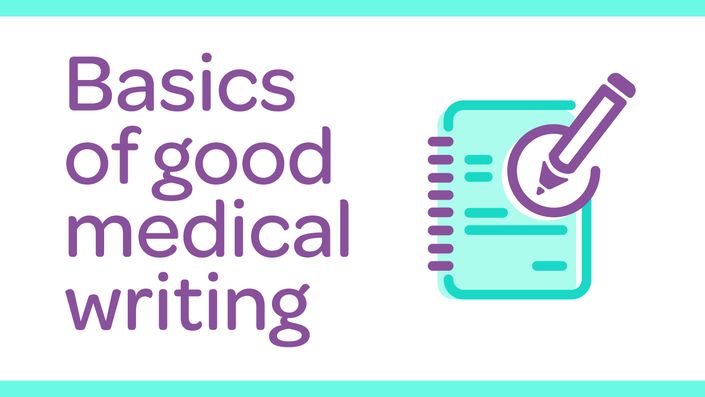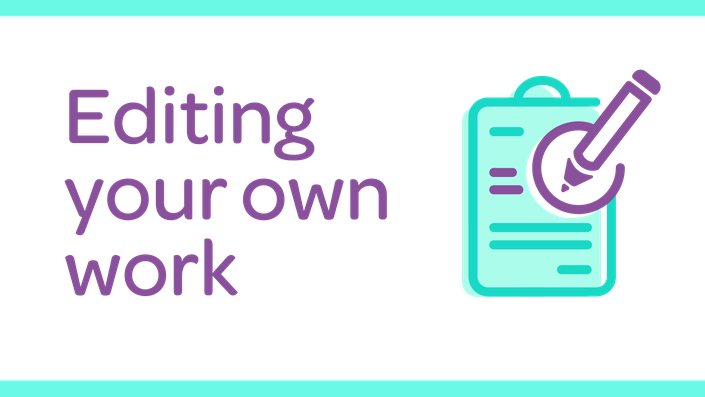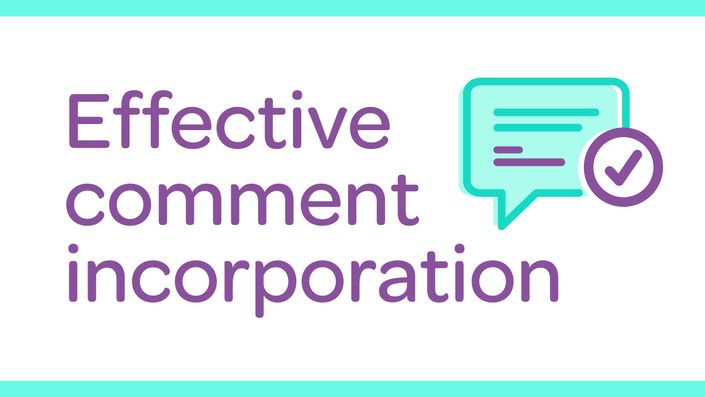This course will ensure you feel confident that whenever you receive a brief, you’ll be able to deliver what’s needed, and also develop your medical writing skills.
By completing it, you will:
- Understand why you need a good brief
- Summarise the elements of a good brief
- Develop your process from getting a brief to completing the required project
- Create strategies to overcome potential briefing pitfalls
Example Curriculum
- 2.1 What does an effective brief include? (4:10)
- 2.2 Internal details introduction (0:32)
- 2.3 Internal details overview (8:01)
- 2.4 Project context introduction (0:30)
- 2.5 Project context overview (9:24)
- 2.6 Project details introduction (0:44)
- 2.7 Project details overview (7:04)
- 2.8 Specific instructions introduction (0:45)
- 2.9 Specific instructions overview (5:16)
- 2.10 Review and approval introduction (0:36)
- 2.11 Review and approval overview (4:41)
- 2.12 Post-approval introduction (0:26)
- 2.13 Post-approval overview (8:44)

MedComms Mentor
Eleanor Steele is the MedComms Mentor, and with over 15 years’ experience of medical writing and leading teams of writers, she understands the training you and your team need to succeed.
With a strong track record of building, training and leading teams in both single office-based and multi-location companies, from small, independent agencies to those within large networks, Eleanor has experience of what works across the spectrum of MedComms organisations. She has used this experience to develop a practical and flexible approach to training and mentoring, suitable for supporting people at any career stage.
Eleanor has worked across a broad range of therapy areas, including rare diseases, oncology, diabetes, transplantation, cardiovascular disease and rheumatology. She has led accounts from initial strategic planning to full tactical delivery.
Her career has included a strong emphasis on business development from the outset, giving her insights into the financial, commercial and client services aspects of MedComms that are not a traditional part of the medical writing trajectory, but are crucial for progression to leadership roles. Sharing this broad gamut of experience is what sets the MedComms Mentor apart.




